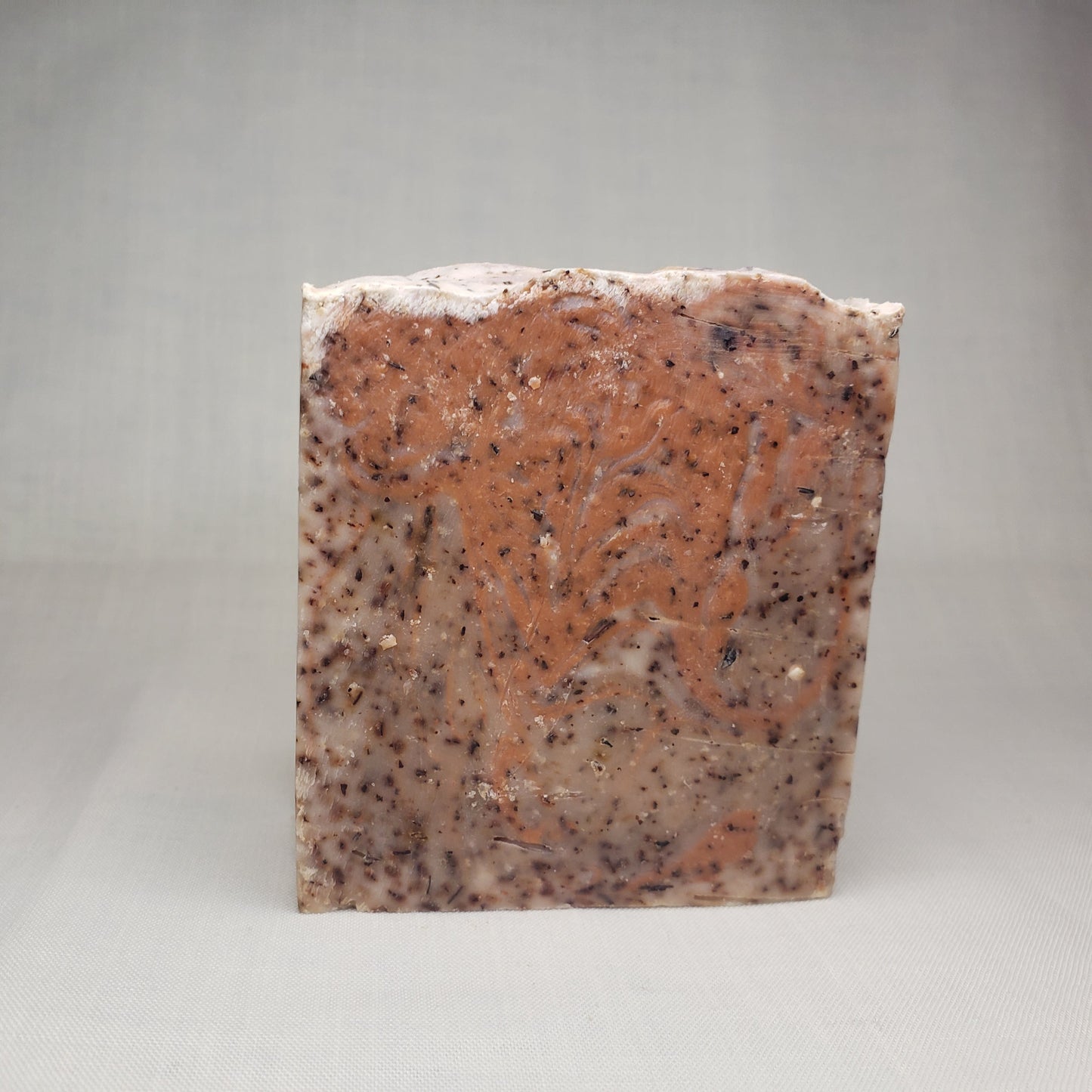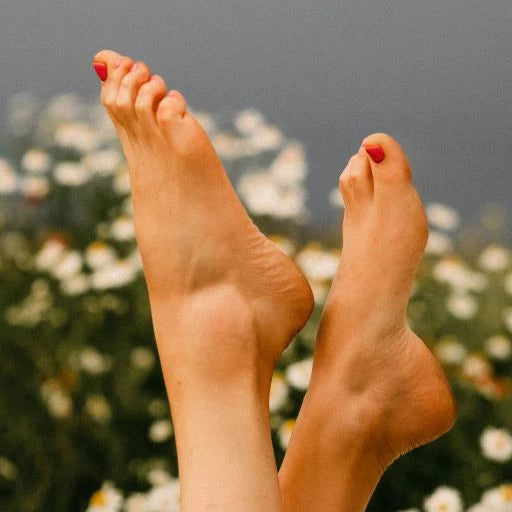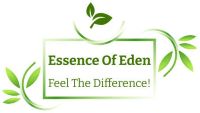Essence of Eden
"Jewel Weed" Soap with Moroccan Red Clay for Poison Ivy Relief
"Jewel Weed" Soap with Moroccan Red Clay for Poison Ivy Relief
Couldn't load pickup availability
Jewel weed, also known as Impatiens capensis, is a natural remedy for poison ivy, poison oak, and other skin irritations. Its unique properties help to alleviate itching, redness, and inflammation caused by exposure to these plants. The plant contains compounds that neutralize the urushiol oil found in poison ivy, preventing it from causing further irritation to the skin.
To use jewel weed for poison ivy relief, you can make a simple poultice by crushing the leaves and stems of the plant and applying them directly to the affected area. Alternatively, you can create a jewel weed infusion by steeping the plant in hot water and using the resulting liquid as a soothing wash for the skin.
In addition to its anti-itch properties, jewel weed also has moisturizing and hydrating effects on the skin, making it an excellent ingredient in natural skincare products. Its gentle nature makes it suitable for all skin types, including sensitive skin.
When combined with Moroccan red clay, jewel weed soap becomes even more effective at relieving poison ivy symptoms. Moroccan red clay is known for its ability to absorb toxins and impurities from the skin, helping to cleanse and detoxify the affected area. Together, these ingredients create a powerful yet gentle remedy for poison ivy relief.
Our jewel weed soap with Moroccan red clay is handmade using 100% natural ingredients, including olive oil, coconut oil, and tallow. It provides soothing relief from poison ivy discomfort while nourishing and hydrating the skin. Say goodbye to itching and irritation with this natural remedy straight from Mother Nature herself.


Frequently Asked Questions
Customers' common questions
Why are handmade soaps better for you than store bought soap?
Most store bought soaps are not actually soap at all. They are laden with detergents, cleaning agents, chemicals and fragrances that dehydrate and irritate your skin. Your skin is the largest organ of your body and absorbs these chemicals. It should be nourished and protected from un-natural chemical agents and that is the benefit of 100% natural handmade soaps.
Why are handmade natural soaps more expensive than store brands?
Because store brands are mass produced using cheap synthetic detergents and chemicals. Handmade soaps that are 100% natural use natural skin loving oils such as olive oil, coconut oil, tallow, mineral oils, essential oils and clays. They have a cure time of 4-6 weeks and are very time consuming to make, mold, un-mold, cut, wrap, and market. Each bar is unique in appearance and it's own little work of art.
What about the lye used in soap making? Doesn't lye make soap caustic?
Lye used in soapmaking comes in two forms, sodium hydroxide (derived from hard wood ash) is used for solid soaps and potassium hydroxide (derived from potash) for liquid soaps. They are both extremely caustic in soapmaking and extreme measures have to be taken in handling the lye and the soap for the first 24-48 hours of the process. The soaps go through an incubation period where the soap heats up, gels and becomes solid when the oils have used up all of the lye for saponification. The lye saponifies the oils and that's what makes them lathery soap. No lye, no soap!



